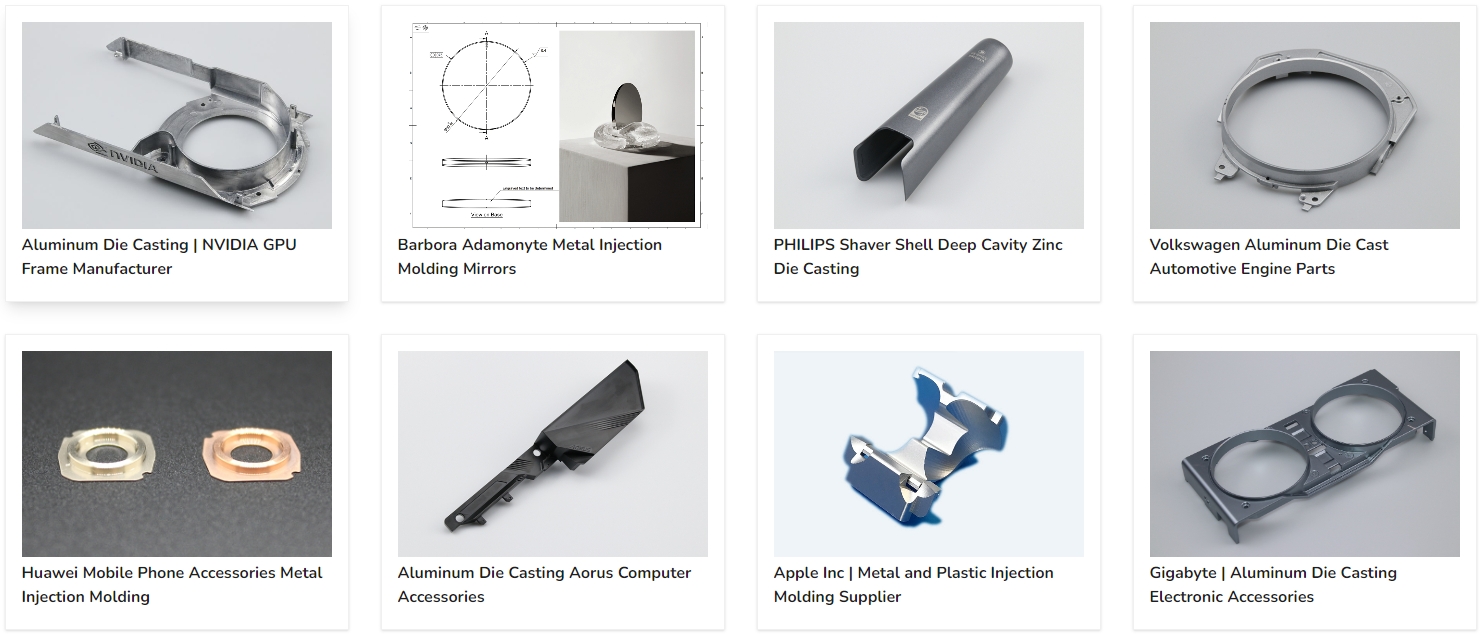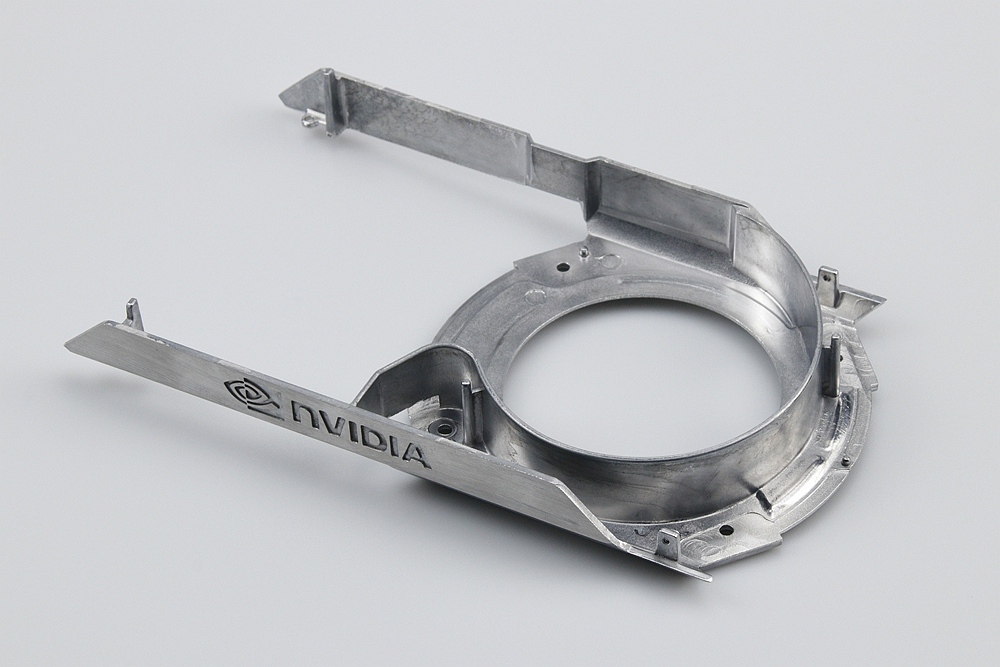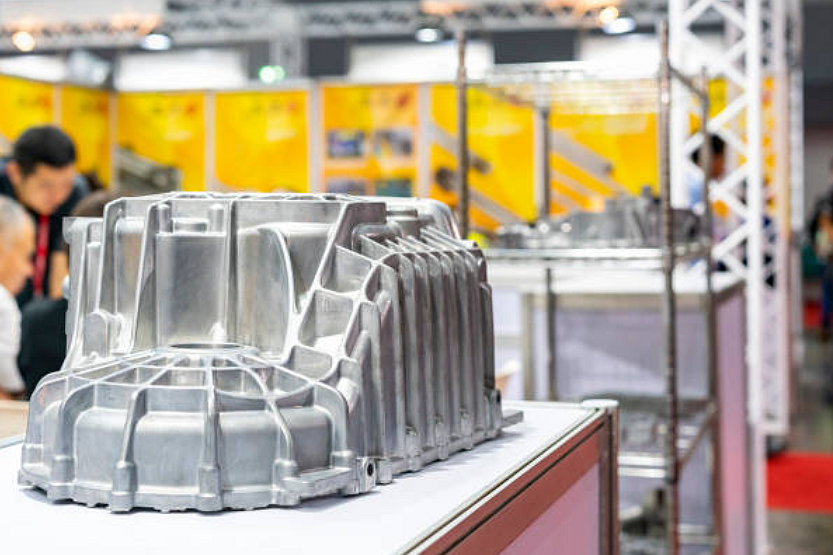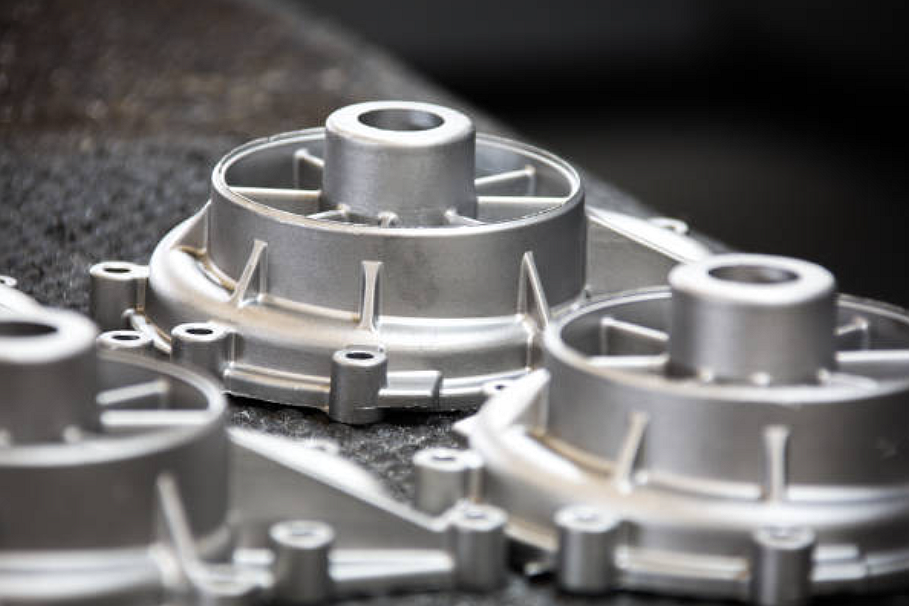A380
Casting Properties And Applications of A380
Precision casting is a versatile manufacturing method, and A380 aluminum alloy plays a crucial role in this process. A380 is a popular choice for precision casting, especially aluminum die casting, due to its excellent casting properties and wide-ranging applications.
In precision casting, the A380 is frequently utilized in aluminum die casting, a process known for its efficiency and precision. The alloy's favorable fluidity and high strength-to-weight ratio make it ideal for creating intricate, detailed parts with tight tolerances. The process involves injecting molten A380 aluminum alloy into a precision mold, producing high-quality components that meet exact specifications.
One notable application of A380 aluminum die casting is in the automotive industry, where the alloy's lightweight yet robust characteristics are highly advantageous. Components such as engine parts, transmission housings, and structural components benefit from the precision and reliability offered by A380 casting.
Additionally, A380 finds application in sand casting, another method within precision casting. Sand casting is a more traditional but practical approach, allowing for creating more extensive and complex parts. The versatility of the A380 makes it suitable for this process, providing durability and structural integrity to castings produced through sand casting.
Gravity casting, another technique under precision casting, is also compatible with A380 aluminum alloy. This method relies on the force of gravity to fill the mold, ensuring a controlled and consistent casting process. A380's excellent flowability at elevated temperatures makes it an excellent choice for gravity casting, enabling the production of high-quality components with minimal defects.
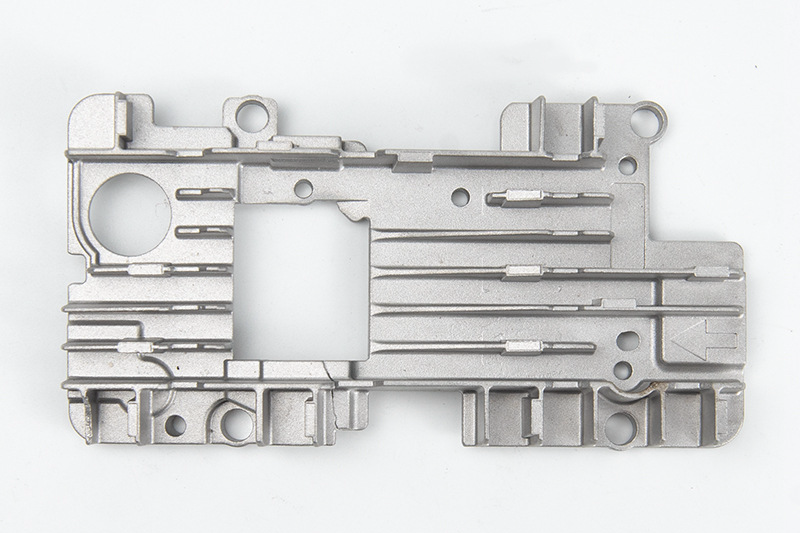
Properties of Cast Aluminum A380
Chemical Composition of A380
Aluminum (Al) | Silicon (Si) | Copper (Cu) | Iron (Fe) | Manganese (Mn) | Nickel (Ni) | Zinc (Zn) | Magnesium (Mg) | Titanium (Ti) | Other Elements |
|---|---|---|---|---|---|---|---|---|---|
86.1 - 89.1 | 7.5 - 9.5 | 1.0 max | 0.6 max | 0.5 max | 0.5 max | 0.35 max | 0.1 max | 0.15 max | 0.5 max each (total 1.0 max) |
Function of Chemical Components
The chemical components in Aluminum A380 alloy play crucial roles in determining its properties and performance, especially in precision casting processes. Let's delve into the functions of these components:
Aluminum (Al):
Function: Aluminum is the primary component of the alloy, provides the base material, and contributes to the alloy's lightweight and corrosion-resistant properties. It forms the matrix in which other elements are dispersed.
Silicon (Si):
Function: Silicon enhances fluidity during casting, promoting the alloy's ability to fill intricate molds precisely. It also contributes to the alloy's strength and wear resistance.
Copper (Cu):
Function: Copper improves the alloy's overall strength and hardness. It also enhances corrosion resistance and facilitates heat dissipation, making A380 suitable for applications requiring robust and durable components.
Iron (Fe):
Function: Iron is a common impurity, and its controlled presence helps refine the alloy's grain structure. However, excessive iron content can negatively impact the mechanical properties of the castings.
Manganese (Mn):
Function: Manganese contributes to the alloy's strength and wear resistance. It also aids in deoxidation during casting, reducing the likelihood of oxide inclusions.
Nickel (Ni):
Function: Nickel enhances the alloy's corrosion resistance and provides additional strength. It contributes to the overall stability of the casting, especially in demanding environments.
Zinc (Zn):
Function: Zinc improves the fluidity of the molten alloy during casting and influences the solidification characteristics. It also contributes to the alloy's strength and hardness.
Magnesium (Mg):
Function: Magnesium improves the alloy's castability and provides solid solution strengthening. It also enhances the mechanical properties, such as impact resistance and elongation.
Titanium (Ti):
Function: Titanium refines the grain structure of the alloy, contributing to improved mechanical properties. It also acts as a grain refiner during the solidification process.
Other Elements (e.g., Iron, Chromium, and Vanadium):
Function: These trace elements may be present in small amounts to provide specific enhancements or control impurities. They play roles in refining the alloy structure and improving its overall performance.
Physical and Mechanical Properties
Tensile Strength (MPa) | Yield Strength (MPa) | Hardness (Brinell) | Shear Strength (MPa) | Impact Strength (J) | Fatigue Strength (MPa) | Thermal Conductivity (W/m·K) | Density (g/cm³) | Melting Range (°C) |
|---|---|---|---|---|---|---|---|---|
324 | 214 | 80 | 173 | 7.5 | 97 | 160 | 2.74 | 570 - 640 |
Typical Applications of Aluminum A380 Castings
Aluminum A380 Casting Household Appliances
Aluminum A380 casting offers many benefits when applied to household appliances, making it a preferred choice for manufacturers seeking efficiency, durability, and aesthetic appeal. Firstly, its lightweight nature proves advantageous in household appliances, enabling easier handling during transportation and installation. This characteristic reduces the overall weight of appliances and enhances their portability, making them more user-friendly for consumers. Additionally, A380's inherent corrosion resistance ensures longevity, especially in appliances exposed to varying environmental conditions, such as refrigerators, air conditioners, and washing machines. This resistance safeguards against rust and deterioration, prolonging the lifespan of household devices.
Secondly, the casting capabilities of Aluminum A380 allow manufacturers to create intricate designs and complex shapes, providing a seamless and aesthetically pleasing appearance to household appliances. The alloy's ability to achieve fine details and smooth finishes enhances the visual appeal of products like kitchen appliances, vacuum cleaners, and coffee machines, contributing to their market attractiveness. Furthermore, the A380's formability facilitates the integration of different components into cohesive and sleek designs, optimizing both functionality and visual appeal in household appliances.
Lastly, the thermal conductivity of Aluminum A380 is beneficial in appliances that require efficient heat dissipation. Devices like stovetops, ovens, and heating elements benefit from A380's ability to rapidly transfer and disperse heat, ensuring even cooking temperatures and energy efficiency. This property also aids in preventing overheating, thereby enhancing the safety and performance of household appliances. Overall, using Aluminum A380 casting in household appliances combines lightweight design, corrosion resistance, aesthetic flexibility, and thermal efficiency, elevating the quality and functionality of these everyday essentials for consumers.
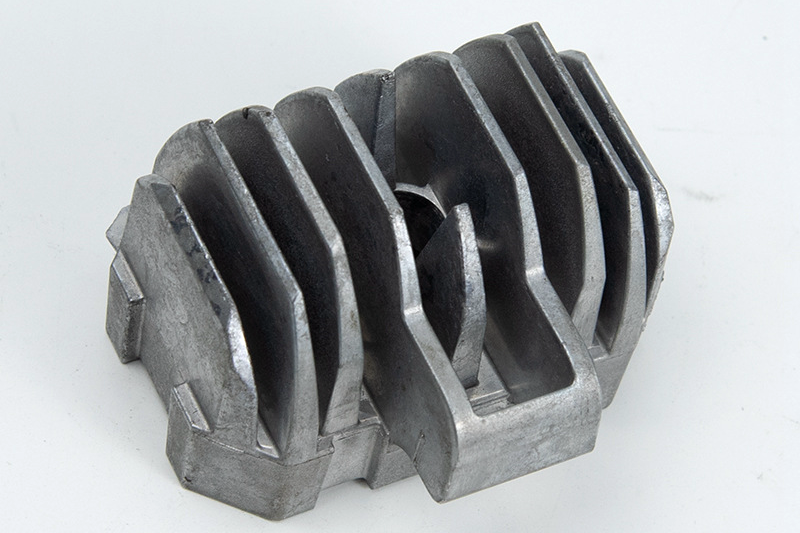
Aluminum A380 Casting Power Tool Parts
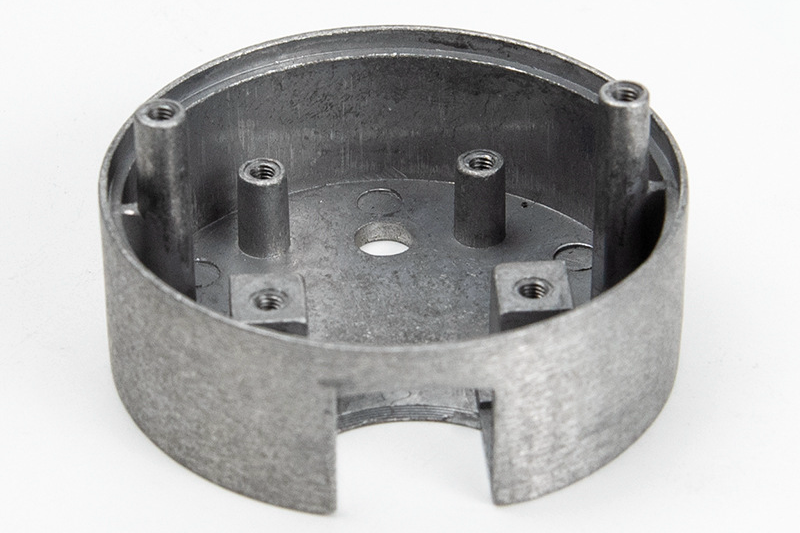
Aluminum A380 casting offers a multitude of benefits when employed in the manufacturing of power tool parts. Firstly, the alloy's lightweight nature significantly contributes to the overall ergonomics and user-friendliness of power tools. Operators can experience reduced fatigue during prolonged use, enhancing efficiency and safety on the job. This weight advantage doesn't compromise strength, as the A380 provides excellent structural integrity, ensuring the durability and reliability required for power tool components.
Secondly, the precision casting capabilities of Aluminum A380 play a pivotal role in creating intricate and complex shapes for power tool parts. It allows for designing and producing custom components with tight tolerances, ensuring optimal performance. The alloy's fluidity during the casting process facilitates the formation of detailed features, contributing to power tools' overall functionality and precision. Whether it's intricate housing designs or components with specific mechanical requirements, A380 casting allows for the customization necessary to meet the diverse needs of power tool applications.
Lastly, the corrosion resistance of Aluminum A380 is a crucial advantage for power tools used in various environments. Power tools often face exposure to moisture, chemicals, and harsh conditions. A380's inherent resistance to corrosion helps maintain the longevity of power tool parts, reducing the risk of deterioration and ensuring consistent performance over time. This benefit is precious in prolonging the lifespan of power tools, ultimately providing users with reliable equipment that withstands the challenges of diverse working conditions.
Aluminum A380 Casting Lighting Components
Aluminum A380 casting offers several distinct benefits when used for manufacturing lighting components. Firstly, its lightweight nature contributes to the overall efficiency and ease of installation in lighting fixtures. This characteristic is particularly advantageous in the lighting industry, where minimizing weight without compromising structural integrity is crucial. The reduced weight of A380 castings simplifies handling during assembly and enhances energy efficiency in applications such as overhead lighting fixtures.
Secondly, A380's excellent thermal conductivity ensures effective heat dissipation in lighting applications. It is a critical advantage, especially in fixtures where heat management is essential for maintaining the longevity and performance of light sources. The alloy's ability to efficiently transfer heat away from the light-emitting components helps prevent overheating and extends the lifespan of bulbs or LEDs. This feature is precious in outdoor lighting fixtures or enclosed spaces where heat buildup could be a concern.
Additionally, the precision casting capabilities of Aluminum A380 allow for the creation of intricate and aesthetically pleasing lighting designs. The alloy's fluidity during the casting process enables the production of complex shapes and details, contributing to the visual appeal of lighting components. This versatility in design, coupled with the alloy's corrosion resistance, makes A380 a preferred choice for crafting durable and visually appealing lighting fixtures that meet functional and aesthetic requirements. Overall, Aluminum A380 casting emerges as a well-rounded solution for lighting components, addressing critical considerations of weight, heat dissipation, and design flexibility in the lighting industry.
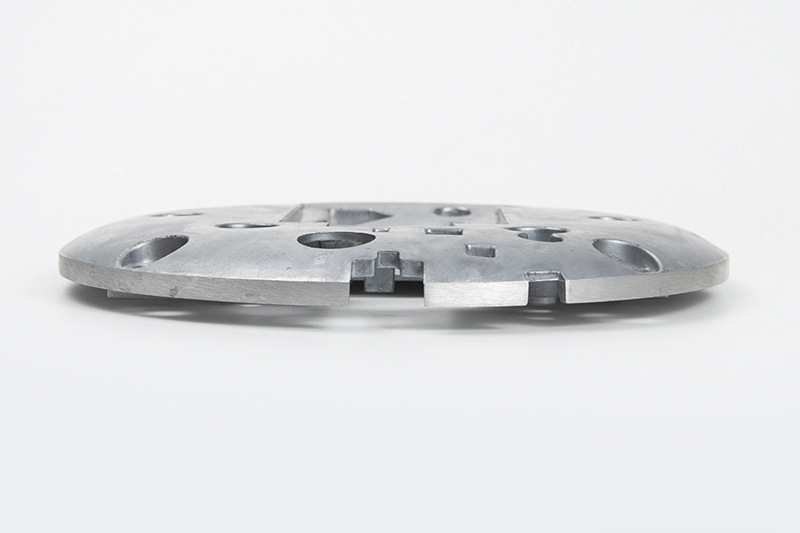
Industry Solution Case Study
Custom parts manufacturing is crucial across diverse industries, and Neway excels in meeting their unique demands. Neway mainly provides customized parts in Aerospace, Medical Devices, Automotive, Telecommunication, Consumer Electronics, Lighting, E-Mobility, Power Tools, Energy, and Locking System Parts Manufacturing. Neway's precision and versatility make it a top choice for custom parts manufacturing across these industries, aligning seamlessly with their specific needs.
